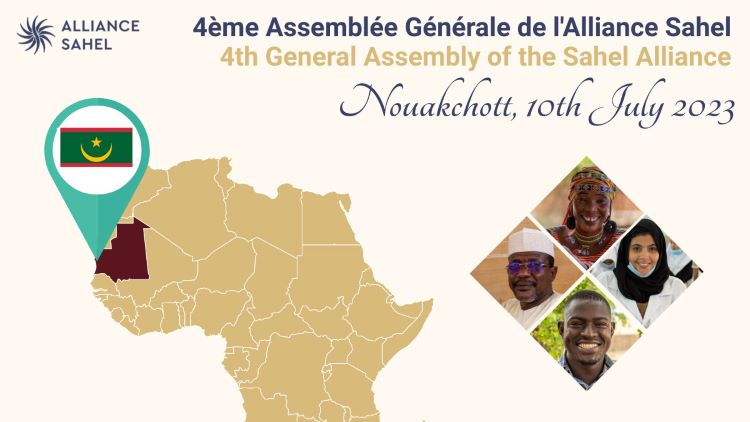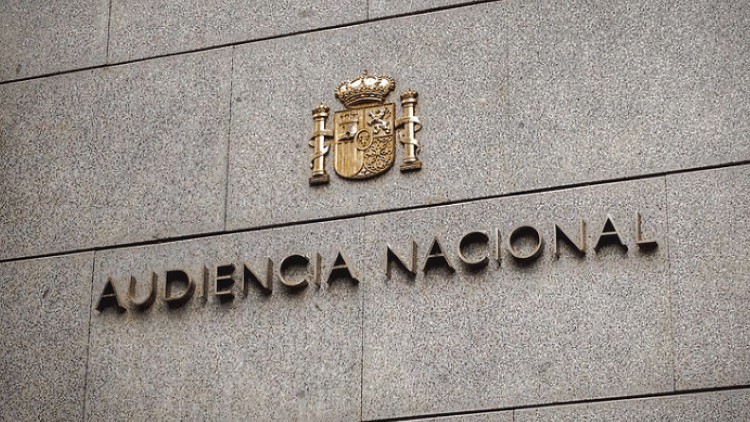The Diplomat
Foreign Minister José Manuel Albares yesterday staged the handover to Germany of the presidency of the Sahel Alliance General Assembly, held by Spain since June 2020.
Albares participated yesterday by videoconference in the inauguration of the IV General Assembly of the Sahel Alliance, which is being held in Nouakchott (Mauritania). During the event, the minister congratulated Germany for assuming the presidency of the Alliance and stressed the objective of this body to respond more effectively to the needs of the Sahel population in “a particularly difficult context”.
In this regard, Albares expressed his concern about the food insecurity situation and the effects of the climate and security crisis that the region is experiencing. “Spain believes that the link between security, development and climate change is crucial,” said the minister, who presented this issue as one of the focuses of the work of the 4th General Assembly of the Sahel Alliance, which has taken up the new G5 Sahel Security and Development Strategy.
The Minister took the opportunity to take stock of the Spanish mandate during these three years of presidency in which, he said, Spain has promoted priority issues for the region such as access to basic services, support for women and their political and economic empowerment, the commitment to youth as a driver of development, the impact of climate change on security and development or the response to new worrying phenomena such as the spread of the Sahel crises to coastal countries or disinformation. He also praised the work of the Spanish Agency for International Development Cooperation (AECID) in the Sahel to improve the resilience of local communities to the impacts of droughts, floods and desertification.
The Sahel Alliance was born in 2017 in Paris, thanks to the impetus of France, Germany and the European Union, with the aim of strengthening coordination between partners to make aid to vulnerable areas faster, more effective and more targeted. The nearly thirty members of the Alliance for the Sahel and its partners meet at ministerial level through their General Assembly, which is held once a year and aims to take stock of the past year, strengthen dialogue with the G5 Sahel partners and determine the strategic guidelines for the coming year in order to better respond to the needs and priorities of the area.
The Alliance currently has 26 bilateral and multilateral partners, 17 as full members (including Spain, as well as France, Germany, the World Bank, the African Development Bank, the African Development Bank, the United Nations Development Program, Italy, the United Kingdom, Luxembourg, Denmark, the Netherlands, the European Investment Bank, Norway, Sweden, the United States and Canada) and nine as observers (Japan, Belgium, Switzerland, Finland, the International Finance Corporation, the Bill and Melinda Gates Foundation, the Tony Blair Institute for Global Change, Ireland and the International Organization of La Francophonie).
The former Minister of Foreign Affairs, Arancha, Gonzalez Laya, assumed the rotating presidency of the Sahel Alliance General Assembly on June 24, 2020. The 3rd General Assembly of the Sahel Alliance was held in June 2020 at the headquarters of the Ministry of Foreign Affairs in Madrid’s Plaza Marqués de Salamanca, coinciding with growing concern about the future of Mali and the rise of the Russian presence in the region.







